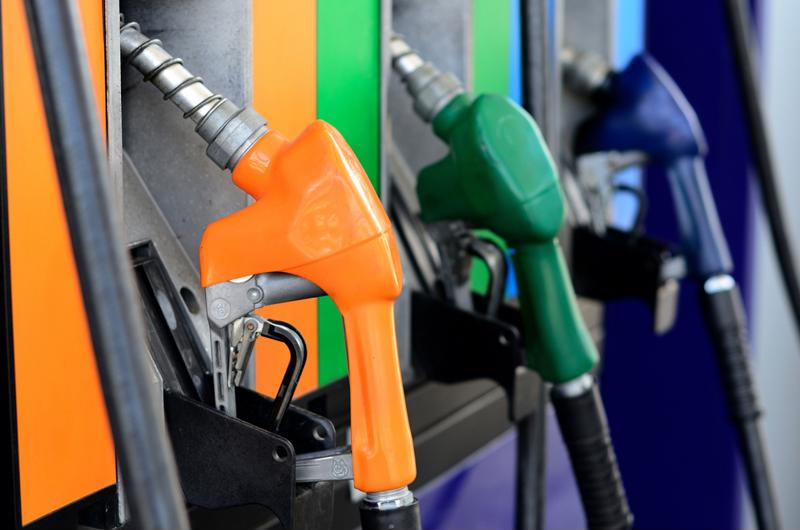

According to the New York Times, the leading electric vehicle (EV) creator, Tesla, reported an almost 70% increase in sales in the first quarter of 2022. Yes, over 310,000 vehicles were sold worldwide (an increase from 175,000 this time last year). While other automobile manufacturers saw a decline in sales recently due to supply chain issues and a pursuant shortage of parts, the increase in sales of EVs has led many to question why many people have decided to pay the price for an electric alternative to other highly regarded vehicles on the market.
Other battery-powered vehicles such as Ford Mustang Mach E or Volkswagen ID.4 have begun to embrace the growing market for sustainable alternatives to gas, quickly providing competition – sometimes at much more affordable prices – for consumers to make the change. Plug-in electric vehicles, including hybrids, doubled in the U.S. between 2020 and 2021. Clearly, many people have begun to see the benefits that electric cars provide to drivers. And, with new technology making charging times and proper outlet capabilities more accessible, it's becoming easier to maintain the lifestyle that owning an EV demands.

Although it's highly unlikely you haven't noticed, gas prices have truly soared over the past several months. According to NPR, in 2020, Americans saw an average gas price of $2.17 per gallon. However, now that the end to the restrictions brought on by the pandemic has guided cars back on the road, using more gasoline than before – as well as other variables such as a decrease in output from major oil-producing countries – these prices have quickly soared. Some states, such as California, saw an increase in gas prices to over $7 a gallon. And that's for regular gasoline. For luxury car owners who can't simply fill up with the cheapest option, cleaner fuels add at least another dollar to that cost per gallon.
Is it just gas prices driving interest in electric cars? Likely not. Since 2020, the need for transportation using fossil fuels has declined. Millions of people were forced to work from home due to the pandemic and could spend large chunks of time thinking about the impact each person has on climate change and the environment. Even now, over two years out from the first lockdowns of the pandemic, many people have been able to embrace remote work more often, limiting the amount of time they spend commuting. This decrease in length has made it easier to optimize the battery life of EVs.
Innovation in EV batteries has also made it more appealing and easier to adapt to a change in vehicle style. For example, some researchers are developing batteries as a structural component of the electric vehicle itself using carbon fiber and lithium iron phosphate as the respective negative and positive electrodes. With shorter charging times and longer battery life, it's simple to get where you want to go faster – without waiting countless hours for a charge.
There could still be some limitations that will keep the sales of EVs from soaring too high. The price gap between standard fuel cars and their electric counterparts could deter many from investing in more sustainable driving. As interest prices continue to rise and the looming fear of a recession remains on the horizon, consumers are keeping their savings in a secure place for now and possibly waiting out the economic downturn for brighter roads on the other side of the horizon.
Some argue too that electric cars aren't necessarily better for the environment. Although many EV brands label themselves as "clean", battery production can actually contribute to a significant amount of pollution. In some areas, the mining of rare minerals needed for some batteries, for example, contributes to a high increase in carbon emissions. So, with a rise in sales of electric vehicles, so too does the need for mining techniques that can offset or limit emissions.
It's true that some electric vehicle makers are seeing an increase in sales, especially as the pandemic restrictions disappear and more people begin moving again. With high gas prices, we can easily link at least some of this new appeal of EVs to their cheaper energy sources and cost-saving benefits long-term. We have yet to see the current economic downturn truly make its mark on our country, which could change the direction of this trend. We do look forward to new technologies that could possibly make access to battery-powered vehicles easier for aspiring drivers who don't have the resources to make the investment based on current price points.
Greening Testing Laboratories is a fully certified brake testing lab that provides a variety of brake testing services worldwide. Contact Greening for a complimentary consultation.